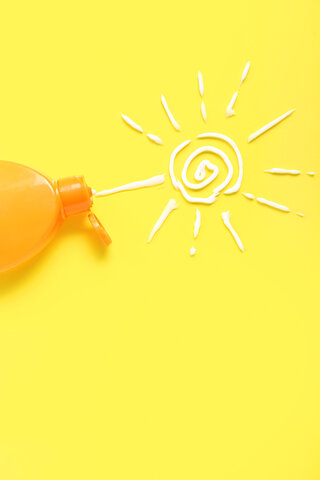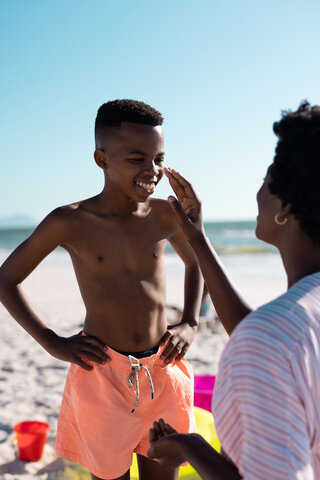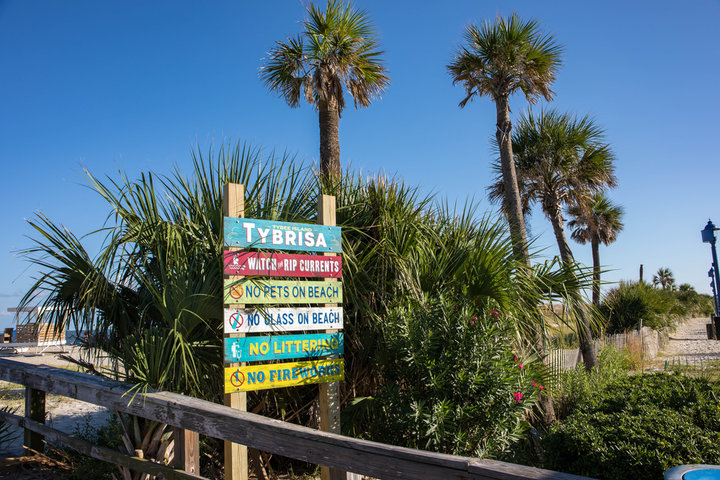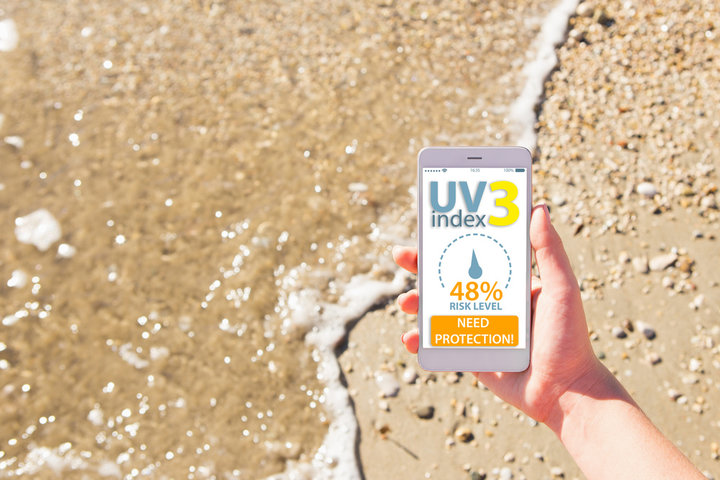Your Ultimate Guide to Sunscreen Protection
Mastering SPF: Essential Tips for Savannah's Sun
Discover everything you need to know about choosing the right sunscreen, understanding SPF, and ensuring optimal UV protection whether you’re strolling around Savannah, GA or the beach on Tybee Island.
Your Sunscreen Questions Answered
Savannah’s sunny climate is ideal for enjoying Forsyth Park, relaxing on Tybee Island, or walking along River Street. However, the intense UV rays in Georgia require serious sun protection. At Urgent Care of Berwick, Sandfly, and Wilmington Island, we often see how Savannah’s heat and humidity can quickly lead to sunburns and skin damage. This guide provides essential information on SPF basics, tips for effectively reapplying sunscreen, and staying safe under the Southern sun.
Choosing the Right SPF for Savannah’s Climate
Savannah’s UV index often hits 8-10 in summer, meaning unprotected skin burns in 15 minutes or less. Here’s how to pick sunscreen:
- SPF 30+ for Daily Use: This SPF blocks 97% of UVB rays, making it ideal for walks, gardening, or poolside days.
- SPF 50+ for Extended Exposure: Necessary for beach trips, boating on the Savannah River, or outdoor events.
- Broad-Spectrum Formulas: Protect against UVA (aging) and UVB (burning) rays.
- Water-Resistant Options: Humidity and sweat wash away protection. Choose 40- or 80-minute water-resistant sunscreen for Tybee Island adventures.

When & How to Reapply Sunscreen Like a Tybee Island Local
Even the best SPF fails if misapplied. Follow these rules:
- Apply 15 Minutes Before Sun Exposure: Use 1 ounce (a shot glass full) to cover your body.
- Reapply Every 2 Hours: Set phone reminders during outdoor festivals like Savannah’s Jazz Festival.
- Reapply After Swimming or Sweating: Even “waterproof” sunscreen degrades in the ocean or Georgia humidity.
- Don’t Miss These Spots: Ears, neck, feet, and scalp part-lines are common burn areas treated at our urgent care.

Savannah-Specific UV Protection Strategies
- Seek Shade Between 10 AM and 4 PM: UV peaks when Savannah’s historic squares are sun-drenched. Plan indoor breaks.
- Wear UPF Clothing: Lightweight, long-sleeved shirts and wide-brimmed hats are staples for fishing or garden tours.
- Use Sunglasses with UV Protection: Guard against cataracts, which is a common issue in sunny climates.
- Check the UV Index Daily: Use apps like EPA’s SunWise to gauge Savannah’s risk level.
When to Visit Urgent Care for Sunburns
Seek help if you experience:
- Blistering or peeling skin
- Fever, chills, or dizziness (signs of heatstroke)
Severe pain lasting 48+ hours
At Your Family Medical Group: Urgent Care of Berwick, Sandfly, and Wilmington Island, we provide burn relief, IV hydration, and wound care to safely get you back to Savannah’s sunny days.
Our Sun-clusions
Savannah’s charm lies in its sunshine, but UV exposure is no joke. With the proper SPF, timely reapplication, and informed habits like shade breaks and UPF clothing, you can enjoy everything from Bonaventure Cemetery tours to Tybee Beach days safely. If the Georgia sun gets the best of you, Your Family Medical Group is here to help with prompt care and expert advice. Slather on that sunscreen, stay vigilant, and make this summer your healthiest!

Myth: “I don’t need sunscreen on cloudy days.”
Myth: “Higher SPF means I can skip reapplication.”
FACT: SPF 100 isn’t foolproof. Reapply religiously!
Myth: “Dark skin doesn’t burn.”
Fact: All skin tones are at risk for UV damage and skin cancer.
Protect Your Skin Today
Your skin’s health is our priority. If you have concerns about sun damage or need personalized advice on skin protection, visit our urgent care center in Savannah, GA. Our team is ready to provide expert consultations and care for all your skin-related needs.
UV Exposure and Skin Protection Statistics
DID YOU KNOW:
Savannah, GA, experiences high UV index levels, particularly during the summer months?

On average, Savannah sees UV index levels of 8 or higher during peak summer days, indicating a very high risk of harm from unprotected sun exposure.

Research shows that regular use of sunscreen can reduce the risk of developing skin cancer by up to 50%, highlighting the importance of daily application.
